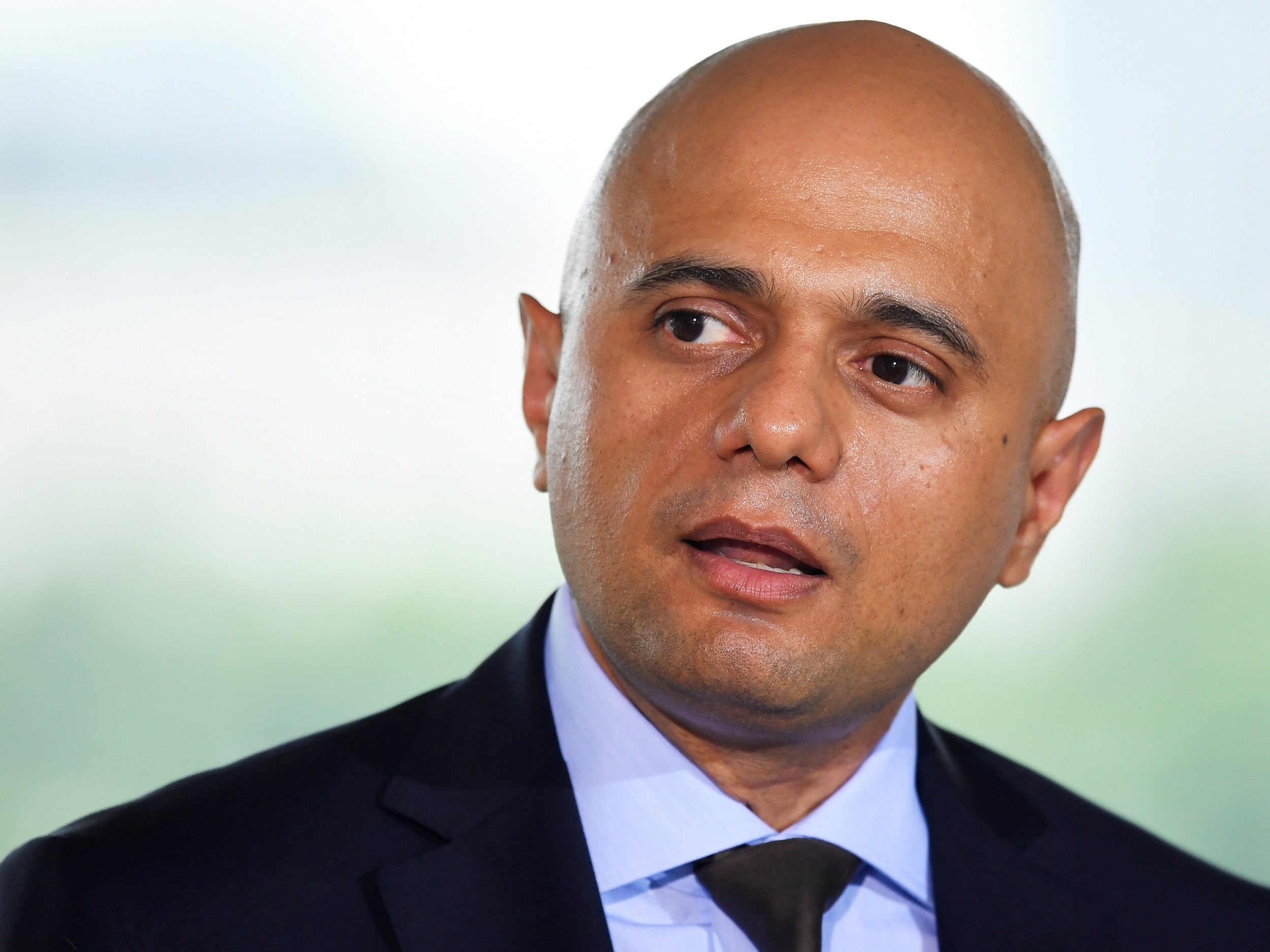FGM awareness campaign launched across UK as illegal practice remains 'cloaked in secrecy'
Government targeting practising communities with information on long-term health risks

Your support helps us to tell the story
From reproductive rights to climate change to Big Tech, The Independent is on the ground when the story is developing. Whether it's investigating the financials of Elon Musk's pro-Trump PAC or producing our latest documentary, 'The A Word', which shines a light on the American women fighting for reproductive rights, we know how important it is to parse out the facts from the messaging.
At such a critical moment in US history, we need reporters on the ground. Your donation allows us to keep sending journalists to speak to both sides of the story.
The Independent is trusted by Americans across the entire political spectrum. And unlike many other quality news outlets, we choose not to lock Americans out of our reporting and analysis with paywalls. We believe quality journalism should be available to everyone, paid for by those who can afford it.
Your support makes all the difference.A campaign raising awareness of the dangers of female genital mutilation (FGM) has been launched by the government as the practice remains “cloaked in secrecy”.
As many as 100,000 women and girls in the UK are estimated to have undergone the illegal procedure, but a fraction of that number have disclosed it to the NHS.
Despite the strengthening of laws, there has not yet been a successful prosecution over FGM and campaigners have said education will be a more effective way of stopping the practice.
Police operations have focused on preventing girls being taken abroad to undergo FGM, but a survivor told The Independent that “cutters” are also being flown into the UK to carry out procedures to order.
Hoda Ali, an activist who works in safeguarding in the London borough of Ealing, said: “The reality is we need to open our eyes. We don’t need to think just about far-away countries because right now we have girls who are in their late teens or even early 20s who were cut in this country. They are British girls who were born here and they were cut here.”
The Home Office’s awareness campaign, called Let’s Protect Our Girls, will target parents and community elders in practising communities mainly from Sudan, Somalia, Ethiopia, Eritrea, Egypt, Iraq, Gambia and Nigeria.
FGM survivors and officials are to engage with people in London, Manchester, Liverpool, Bristol, Leicester, Birmingham and Sheffield to fill “a knowledge gap about the long-term health consequences of FGM”.
The government is spreading posters, print and radio adverts containing information on related issues including childbirth complications, period problems, infection, scarring and mental trauma.
Sajid Javid, the home secretary, said FGM “has no place in modern society”.
“It is repulsive, unethical and leaves victims with emotional and physical scars that last a lifetime,” he added.
“We have launched this important campaign to make it clear to everyone that the practice is illegal and has serious health consequences. I urge everyone to help protect girls at risk by spreading the messages.”
The campaign was created in consultation with FGM survivors and groups including the NSPCC, Forward UK, Midaye Somali Women’s Network, The Girl Generation and IKWRO.
It will direct people looking for support or information to the NSPCC’s FGM helpline, which has received more than 1,600 calls since being launched in 2013.
John Cameron, NSPCC head of helplines, said the calls showed that FGM is still affecting hundreds of girls in the UK.
He added: “Sadly, the true picture of how many are affected is unknown because for far too long FGM has been cloaked in secrecy.
“We hope this campaign will help to end the silence that surrounds FGM by encouraging young people and any adults worried about them to speak out and get help. By joining forces across communities, we can bring an end to this dangerous and illegal practice.”
The most recent NHS England statistics show that 1,015 FGM cases were newly recorded between January and March this year, although the procedures may have been performed many years before.
It brings the total number of survivors recorded in the UK to 17,330 since 2015, but a 2015 study estimated that 137,000 women and girls who have migrated to England and Wales are living with the consequences of FGM.
FGM, which refers to any procedure that intentionally alters female genital organs for non-medical reasons, has been illegal in the UK since 1985.
The law was strengthened in 2003 to prevent girls travelling to undergo FGM abroad and it is also illegal to fail to protect a girl from the practice.
But there have not yet been any successful convictions in Britain, with two prosecutions under specific FGM laws and a child cruelty case related to FGM resulting in acquittals.
As well as prosecuting people for FGM, British authorities also use court-issued protection orders to prevent potential victims from being taken abroad.
Despite mounting awareness, police have said intelligence on the practice is “woeful”, while prosecutions were frustrated by FGM happening abroad and victims being unwilling to give evidence against relatives.
An academic study released last week found that mandatory reporting procedures brought in for health workers, social care agencies and teachers have been “more symbolic than effective”.
Researchers from The Pennine Acute Hospitals NHS Trust and University of Salford called for national data to be collected by a central authority, led by a dedicated FGM Commissioner.
Professor Andrew Rowland said a “huge mismatch” between health and police data “suggests that the medical reports are not being followed up and the true scale of FGM is not being properly investigated”.
Join our commenting forum
Join thought-provoking conversations, follow other Independent readers and see their replies
Comments